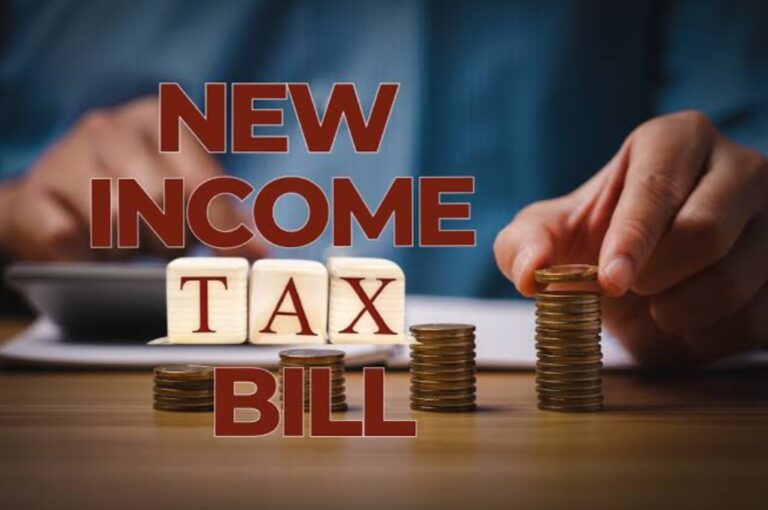The Central Board of Direct Taxes (CBDT) is proactively gearing up for the rollout of the new Income Tax Bill, which is currently under review by a Parliamentary Select Committee. The bill, expected to be cleared during the Monsoon Session of Parliament, aims to simplify India’s direct tax laws by replacing the existing Income Tax Act, 1961.
CBDT Action Plan for FY 2025-26
As part of its comprehensive action plan for the financial year 2025-26, the CBDT has initiated preparations to train at least 50% of its workforce by March 31, 2026. The move is designed to ensure that income tax officials thoroughly understand the objectives and nuances of the new legislation. The Directorate of Training will spearhead this initiative, creating a detailed training roadmap for departmental employees.
Role of Principal Commissioners in Implementation
Top tax officials, including Principal Chief Commissioners of Income Tax (Pr CCsIT) across all regions, have been assigned a critical role in the training and implementation process. In addition to internal capacity building, these officials will be responsible for conducting taxpayer outreach programs. Each region will be required to organize at least five outreach activities every quarter, beginning with the quarter in which the bill is passed.
Furthermore, Pr CCsIT are expected to develop a monthly training calendar by June 30, 2025, outlining the schedule and stakeholders for the upcoming training programs.
Highlights of the New Income Tax Bill
Once enacted, the new law will replace the Income-tax Act, 1961, which has been in effect since April 1, 1962. Over the decades, the current law has undergone nearly 65 amendments, resulting in over 4,000 changes, making the legislation complex and difficult to navigate.
Key features of the proposed new Income Tax Act include:
- Simplified language and clear drafting style to enhance understanding.
- Elimination of redundant provisions and reduction in the length of the Act by nearly half.
- Minimized cross-references with all relevant provisions consolidated under individual sections.
- Introduction of a simplified citation system for legal references.
- Replacement of ‘previous year’ and ‘assessment year’ concepts with a unified ‘tax year’, aligning terminology with global standards.
Finance Ministry’s Clarification
Following the bill’s introduction in the Budget Session, the Ministry of Finance released an FAQ stating that the new law intends to create a more taxpayer-friendly, transparent, and efficient tax regime. By streamlining provisions and reducing legal jargon, the government aims to make tax compliance simpler for individuals and businesses alike.
Conclusion
The upcoming new Income Tax Bill marks a significant shift in India’s taxation framework. With a well-structured training and outreach plan, the CBDT is preparing its personnel and taxpayers for a smoother transition. As the bill moves closer to becoming law, stakeholders across the spectrum are advised to stay informed and updated on the changes that lie ahead.
